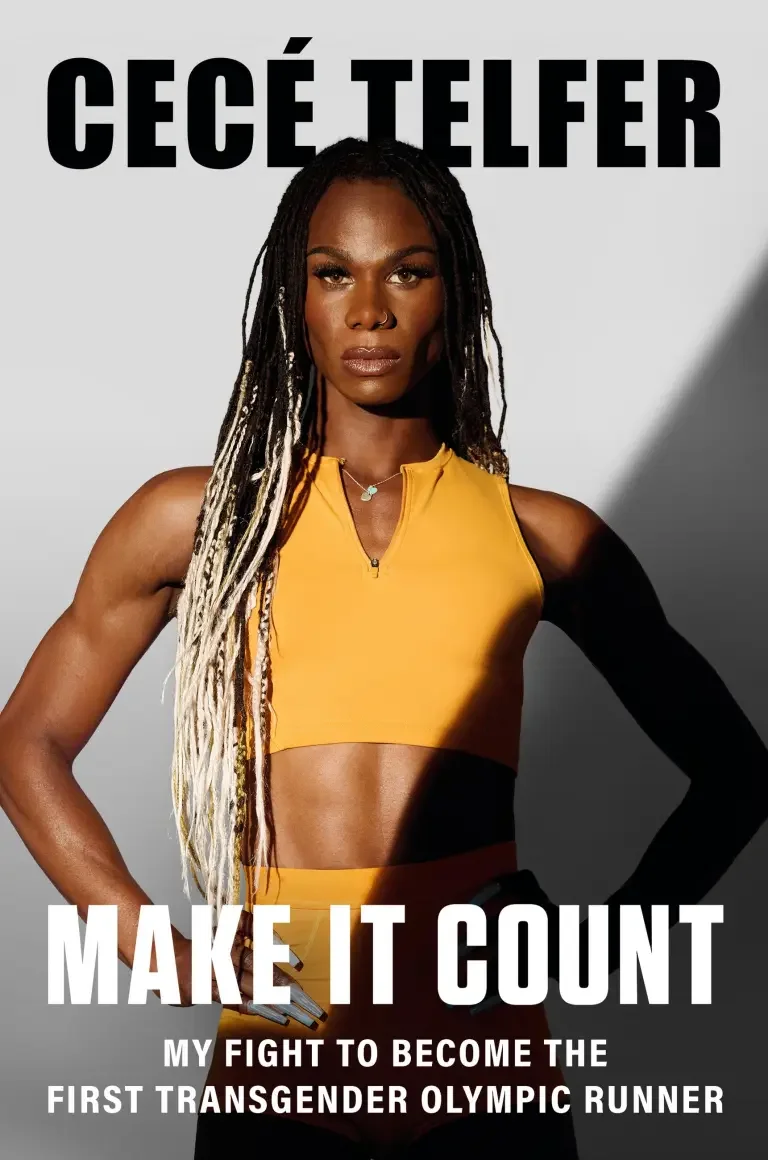Updated 2/17/26
TSI Book Club
3rd SUNDAY OF THE MONTH - 6 PM
Come & join the Book Club
Now available on Zoom
1/18 - The Einstein of Sex by Daniel Brook
An illuminating portrait of a lost thinker, German-Jewish sexologist and activist Magnus Hirschfeld.
More than a century ago, Dr. Magnus Hirschfeld, dubbed the “Einstein of Sex,” grew famous (and infamous) for his liberating theory of sexual relativity. Today, he’s been largely forgotten.
Journalist Daniel Brook retraces Hirschfeld’s rollicking life and reinvigorates his legacy, recovering one of the great visionaries of the twentieth century. In an era when gay sex was a crime and gender roles rigid, Hirschfeld taught that each of us is their own unique mixture of masculinity and femininity. Through his public advocacy for gay rights and his private counseling of patients toward self-acceptance, he became the intellectual impresario of Berlin’s cabaret scene and helped turn his hometown into the world’s queer capital. But he also enraged the Nazis, who ransacked his Institute for Sexual Science and burned his books
Driven from his homeland, Hirschfeld traveled to America, Asia, and the Middle East to research sexuality on a global scale. Through his harrowing lived experience of antisemitic persecution and a pivotal late-in-life interracial romance, he came to see that race, like gender, was a human invention. Hirschfeld spent his final years in exile trying to warn the world of the genocidal dangers of racism.
Rich in passion and intellect, The Einstein of Sex at last brings together this unsung icon’s work on sexuality, gender, and race and recovers the visionary who first saw beyond the binaries. A century after his groundbreaking work—as the fights for personal freedom and societal acceptance rage on—Hirschfeld’s gift for thinking beyond the confines of his world has much to teach us.
2/15 - Make It Count by CeCé Telfer
This “moving, deeply human” memoir tells the inspiring story of the first openly transgender woman to win a NCAA title, following the obstacles she overcame to achieve her Olympic dreams (The Cut).
CeCé Telfer is a warrior. She has contended with transphobia on and off the track since childhood. Now, she stands at the crossroads of a national and international conversation about equity in sports, forced to advocate for her personhood and rights at every turn. After spending years training for the 2024 Olympics, Telfer has been sidelined and silenced more times than she can count. But she’s never been good at taking no for an answer.
Make It Count is Telfer’s raw and inspiring story. From coming of age in Jamaica, where she grew up hearing a constant barrage of slurs, to living in the backseat of her car while searching for a coach, to Mexico, where she trained for the US Trials, this book follows the arc of Telfer’s Olympic dream. This is the story of running on what feels like the edge of a knife, of what it means to compete when you’re treated not just as an athlete, but as a walking controversy. But it’s also the story of resilience and athleticism, of a runner who found a clarity in her sport that otherwise eluded her—a sense of simply being alive, a human moving through space—finally, herself.
3/15 - I Heard Her Call My Name: A Memoir of Transition by Lucy Sante
FINALIST FOR THE PULITZER PRIZE
Named a Best Book of the Year by The New York Times, The Washington Post, and Slate
“Reading this book is a joy . . . much to say about the trans journey and will undoubtedly become a standard for those in need of guidance. ” —The Washington Post
“Sante’s bold devotion to complexity and clarity makes this an exemplary memoir. It is a clarion call to live one’s most authentic life.” —The Boston Globe
“Not to be missed, I Heard Her Call My Name is a powerful example of self-reflection and a vibrant exploration of the modern dynamics of gender and identity.” —Lit Hub’s Most Anticipated Books of 2024
An iconic writer’s lapidary memoir of a life spent pursuing a dream of artistic truth while evading the truth of her own gender identity, until, finally, she turned to face who she really was
For a long time, Lucy Sante felt unsure of her place. Born in Belgium, the only child of conservative working-class Catholic parents who transplanted their little family to the United States, she felt at home only when she moved to New York City in the early 1970s and found her people among a band of fellow bohemians. Some would die young, from drugs and AIDS, and some would become jarringly famous. Sante flirted with both fates on her way to building an estimable career as a writer. But she still felt like her life was a performance. She was presenting a facade, even to herself.
Sante’s memoir braids together two threads of personal narrative: the arc of her life, and her recent step-by-step transition to a place of inner and outer alignment. Sante brings a loving irony to her account of her unsteady first steps; there was much she found she still needed to learn about being a woman after some sixty years cloaked in a man’s identity, in a man’s world. A marvel of grace and empathy, I Heard Her Call My Name parses with great sensitivity many issues that touch our lives deeply, of gender identity and far beyond.



